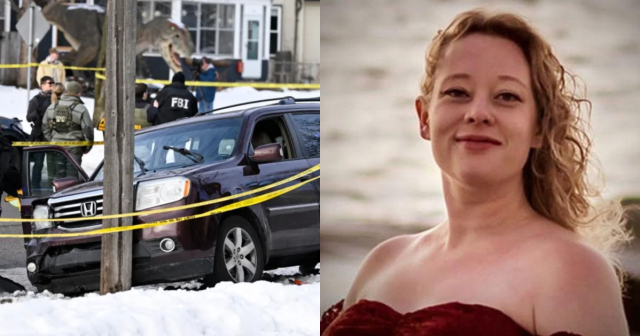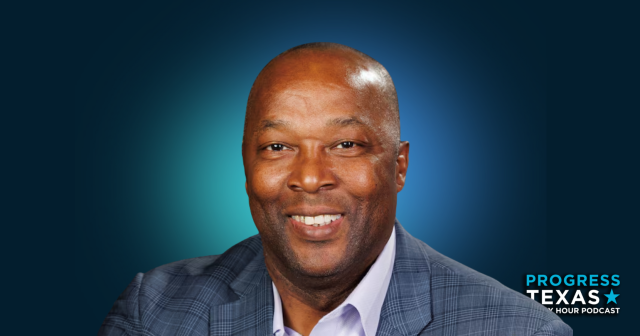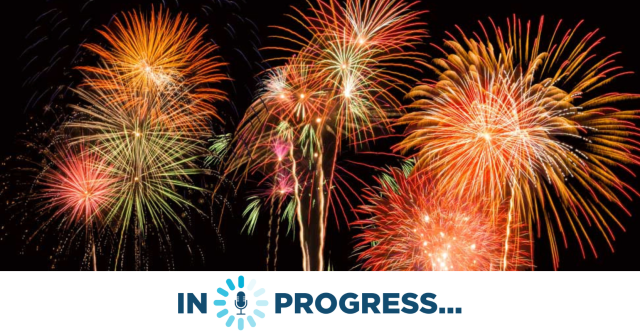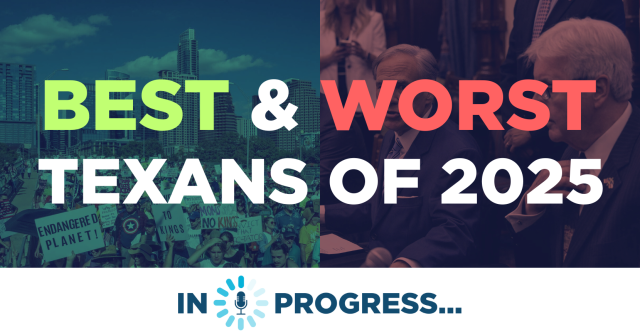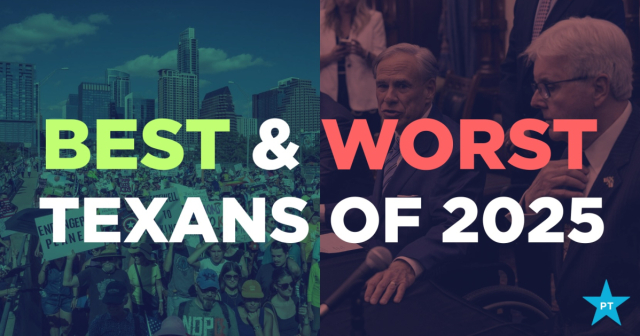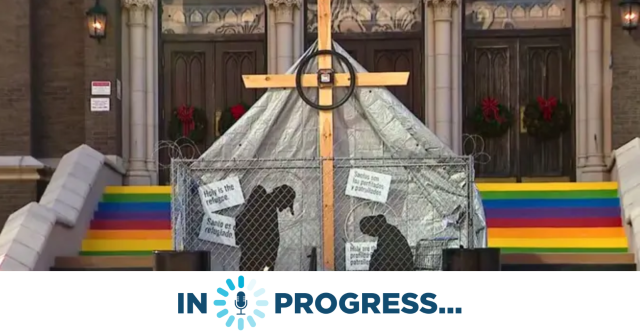Justice Scalia Calls Voting Rights "Racial Entitlement"
On Wednesday, the Supreme Court heard the first oral arguments of Shelby County v. Holder. Some believe signs point to the court gutting Section 5 of the Voting Rights Act of 1965. Section 5 requires nine states, mainly located in the South, to get preclearance from the federal government before changing anything that affects voting. Those against Section 5 argue that the requirements infringe on states' rights and that systematic racial discrimination is no longer prevalent. Of those apparently joining this side is Supreme Court Justice Antonin Scalia (read: white, male, Republican). He argued that despite the unanimous vote to renew the VRA by the Senate that the VRA was not legitimate and has never been legitimate (since it's introduction in 1965, the VRA has been renewed by Congress 5 times).
During the oral arguments, Scalia said, "I think [the passage of the act] is attributable... to a phenomenon that is called perpetuation of racial entitlement. It's been written about. Whenever a society adopts racial entitlements, it is very difficult to get out of them through the normal political processes." (Read the full text of the arguments here.)
Responses to Scalia's controversial statement were overwhelmingly disapproving.
Rep. John Lewis said to Politico:
"It is an affront to all of what the civil rights movement stood for, what people died for, what people bled for, and those of us who marched across that bridge 48 years ago, we didn't march for some racial entitlement. We wanted to open up the political process and let all of the people come in, and it didn't matter whether they were black or white, Latino, Asian-American or Native American."
League of United Latin American Citizens (LULAC) also responded:
"It's outrageous to minority voters to suggest that the [Voting Rights Act] is outdated in light of recent attempts by states to disenfranchise voters. The progress we've made has been solely because of the protections offered by the VRA, and any distinctions made are attempts to manipulate the law for political advantage."
From the NAACP:
"At this point we will either turn back the clock and reignite the first of the past, or we will continue to move in a direction that recognizes that every citizens basic and fundamental rights, such as the right to vote."
Before I join Michael Moore and compare Scalia to a member of the KKK, let's back up.
In March 1965, President Lyndon B. Johnson gave a joint address to Congress calling for the protection of voting rights across the country. The speech came in response to what we now call "Bloody Sunday," when peaceful protesters in a march from Selma to Montgomery, Alabama were brutally beaten by state troopers and denied the right to vote. "Every American citizen must have an equal right to vote," said President Johnson. "There is no reason which can excuse the denial of that right. There is no duty which weighs more heavily on us than the duty we have to insure that right."
Now another county in Alabama is calling for the removal of Section 5. Here's the problem with those who are arguing against keeping the law intact. The same states complaining that the law is an infringement on their rights are the ones that tried to prevent voters from casting ballots in the 2012 presidential election. Texas tried to pass voter ID laws. Other states moved polling places or changed early voting times to block traditionally under-represented (AKA non-white) voters from coming to the polls. Arizona Congressman Raul Grijalva said that those who don't want to keep the Voting Rights Act intact, oppose it "not necessarily because it's burdensome or antiquated, but because people are not voting like they're voting - but that's the point of a democracy."
Politicians have proved they need monitoring repeatedly. There is no evidence that backs up Justice Scalia's claims. All of the facts point to needing the Voting Rights Act. Scalia's reasoning is fear driven and irrational. Voters should not have to go through an obstacle course every time they cast a ballot. The right to vote is fundamental to our democracy. Altering Section 5 will inevitable hurt voters. The change will allow self-serving politicians to manipulate the electorate to their advantage.
President Johnson was a Native Texan, yet he called for his home state to be monitored. Because he knew that leaving voting rights in the hands of local governments and polling officials would be devastating. Without the Voting Rights Act, America will see the return of polling taxes, literacy tests and the like. Our elections will lose their legitimacy and spreading democracy across the world will soon be nothing more than a pipe dream.
DONATE
Your donation supports our media and helps us keep it free of ads and paywalls.

